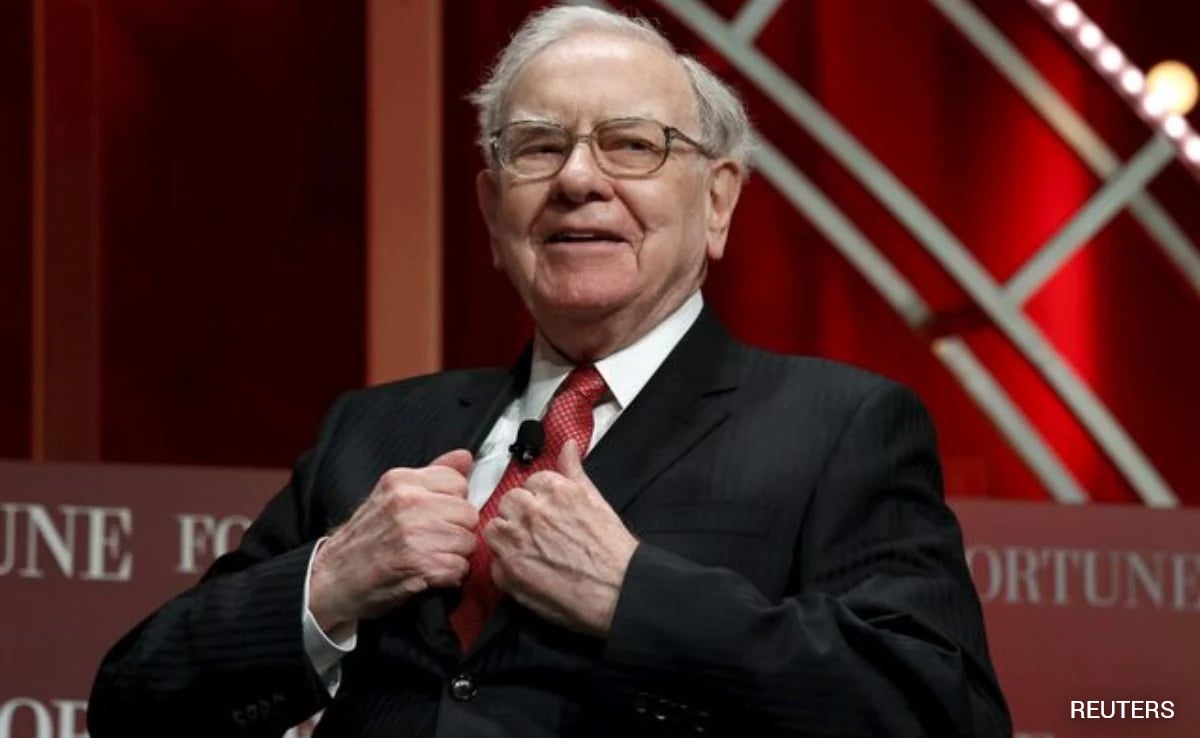Access Denied

You don’t have permission to access “http://www.ndtv.com/business-news/adani-group-to-invest-rs-1-5-lakh-crore-in-kutch-over-5-years-karan-adani-10662101” on this server.
Reference #18.2ef63717.1768134092.1d48d85a
https://errors.edgesuite.net/18.2ef63717.1768134092.1d48d85a








